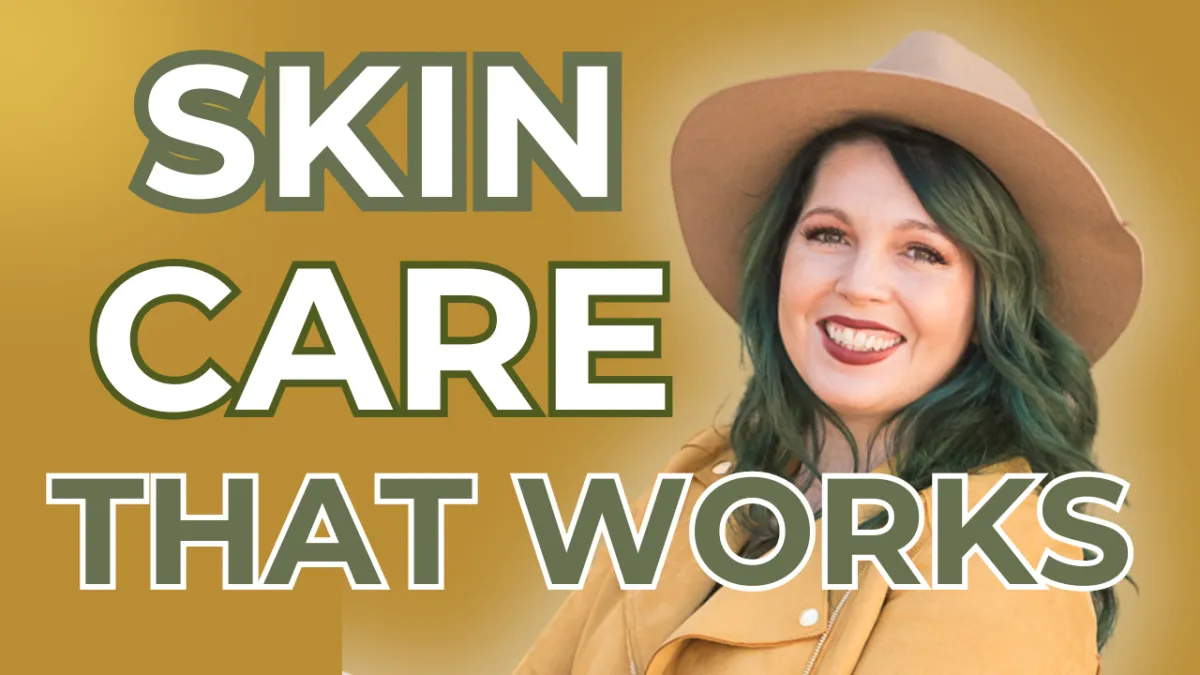
Sustainable Ingredient Sourcing: The Missing Link in Your Clean Beauty Salon
Featuring Robbin Turner of Violet Botanical Skin Care on The Impactful Salon Owner Podcast
Why “Clean Beauty” Isn’t Always Clean
In the beauty industry, “clean,” “natural,” and “eco-friendly” have become powerful marketing words. But here’s the truth: not every product wearing those labels lives up to the promise.
Many salon owners make the switch to cleaner products thinking they’ve done all they can to protect their clients, their team, and the planet, only to discover that the ingredients inside their bottles are sourced in ways that cause harm - or worse, they never realize it at all.
That’s why ingredient sourcing is the missing link in so many clean beauty salons.
This week, I sat down with Robbin Turner, Founder & CEO of Violet Botanical Skin Care, trained herbalist, and sustainable sourcing educator, to talk about what it really means to source responsibly, how to avoid greenwashing, and how to keep your profit margins strong while making the switch.
What Is Sustainable Ingredient Sourcing?
When you think about sustainable sourcing, it’s not just about using plant-based or organic ingredients—it’s about how and where those ingredients are harvested.
Robbin shared her personal approach:
Indigenous ingredients grown in their natural environments
Plants that fall naturally to the ground instead of being cut or overharvested
Upcycled materials (like marula oil extracted from seeds that would otherwise be waste)
Partnerships with women-led cooperatives and small family farms
Avoiding deforestation and overfarming practices
These choices protect the environment, support local communities, and ensure the integrity of the ingredients that end up in your salon’s products.
How Greenwashing Hurts the Industry
Greenwashing (when companies market themselves as more eco-friendly than they truly are) makes it harder for salon owners to make informed decisions.
Robbin’s tip? Ask direct, specific questions:
Who grows and harvests this ingredient?
Is it Fair Trade certified?
Do you have third-party testing results?
Can you share your Certificate of Analysis?
If a brand can’t or won’t give you these answers, it’s a red flag.
Why Sustainability Can Increase Profitability
One of the biggest fears salon owners have about going clean is cost. But as Robbin and I discussed, quality products are often more concentrated, meaning you use less per service and your clients use less at home.
This means:
Products last longer → better cost-per-use
Clients see more value → more loyalty
Retail sales become an education-based experience, not just a transaction
When you can tell a compelling sourcing story and show clients exactly why your products are worth the investment, they’re willing to pay more because it aligns with their values.
How to Transition Without Losing Clients
If you’re ready to start bringing sustainable sourcing into your salon, here are a few practical ways to ease into it:
Test new brands on yourself, your team, friends, and family before introducing them to clients.
Start with small sizes or travel kits to minimize upfront costs and let clients sample products.
Educate during the service—share where the products come from and why you chose them.
Use refillery options so clients can buy smaller amounts, reduce waste, and return for refills.
Be transparent about your goals and timeline—clients appreciate honesty over perfection.
The Power of Education in Clean Beauty
Whether it’s skincare, haircare, or wellness products, salon owners who understand their ingredients inside and out can better serve their clients and protect the planet.
As Robbin put it:
“Natural doesn’t mean ineffective—and quality doesn’t mean wasteful. When you know your products, you sell with confidence, and your clients trust you more.”
This trust is what builds long-term relationships, repeat bookings, and steady retail sales.
